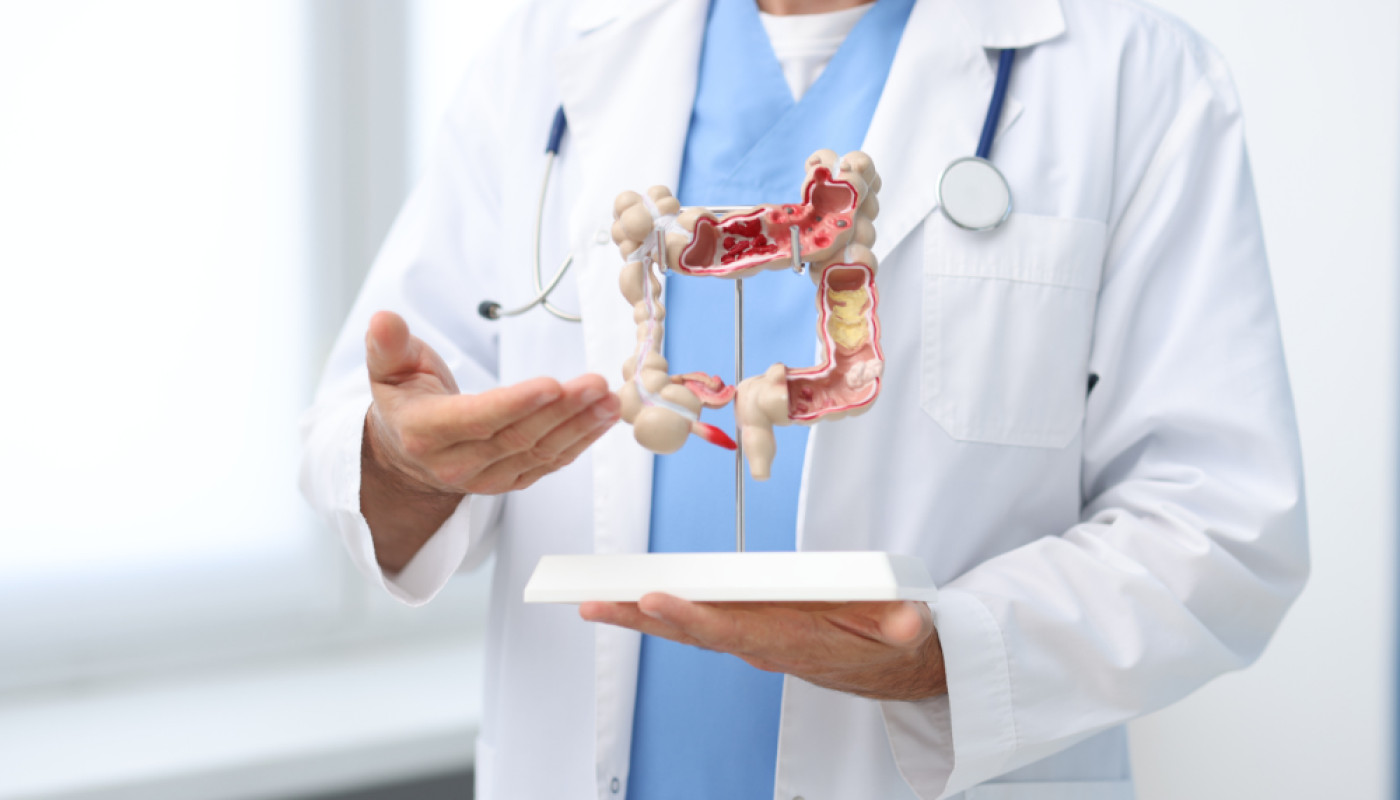Table of contents
The intersection of medical science and intuitive practices is a fascinating frontier in the realm of holistic health. As individuals seek out comprehensive ways to nurture their well-being, the concept of medical intuition emerges as a compelling component of an integrative approach to health. This exploration invites readers on a journey to understand how tapping into intuition can potentially enhance the healing process and support overall wellness. Delve into the world where traditional medicine meets the innate wisdom of the body, and discover how medical intuition is being woven into the fabric of holistic health practices.
The Essence of Medical Intuition
Medical intuition is an alternative medicine practice that integrates the understanding of the body's bioenergetic field with holistic health approaches. At its core, a medical intuitive is someone who utilizes their intuitive abilities to find the root causes of physical or emotional conditions. Unlike conventional medicine, which often focuses solely on symptoms, medical intuition aims to perceive the deeper imbalances or blockages within a person's energy field that could be contributing to their health issues. By tapping into this intuitive insight, practitioners can guide individuals towards wellness by addressing these foundational concerns. It is a key component in the realm of intuitive healing, bolstering the belief that wellness encompasses not just the physical body, but also the emotional, spiritual, and energetic layers of an individual.
Integrating Intuition with Conventional Medicine
In the realm of integrative medicine, the incorporation of medical intuition into patient care is viewed not as a replacement for allopathic medicine but as a synergistic partner to enhance the diagnostic process and health outcomes. Practitioners combining these modalities engage in a comprehensive approach, taking into account the insights gathered from intuitive practices to complement the empirical data derived from conventional diagnostics. This multifaceted approach allows for a more complete understanding of the patient's condition, leading to personalized and often more effective treatment plans. It recognizes the value of tapping into the subconscious mind's ability to detect subtleties that may elude standard medical testing. By doing so, complementary therapies informed by intuitive discernment can address not only the physical symptoms but also the emotional and spiritual dimensions of health, thus supporting a truly holistic healing environment.
Training and Development of Medical Intuitives
The journey to becoming a medical intuitive involves comprehensive medical intuitive training and a dedication to ongoing skill development. Individuals interested in this field must hone their intuitive skills, often starting with a heightened sense of inner knowing or clairsentience, which allows them to perceive information beyond the physical senses. Most training programs combine theoretical knowledge with practical applications, guiding trainees through the nuances of tapping into their intuitive abilities to assist in the healing process. Certification programs are available for those wishing to establish credibility and demonstrate proficiency in their intuitive skills. These programs often require students to undergo rigorous coursework, mentorship, and hands-on experience to ensure a deep understanding of the ethical and professional aspects of the practice. For some, visiting sites like https://www.peggyo.com.au/ can provide additional insights and resources from seasoned professionals in the field. Through such specialized training, medical intuitives learn to integrate their abilities into a broader holistic health framework, offering complementary insights to traditional medical diagnostics and treatment plans.
Critical Perspectives on Medical Intuition
In the realm of healthcare, the concept of medical intuition often encounters polarized views, with scientific skepticism on one end and fervent support from holistic practitioners on the other. A number of healthcare professionals uphold the tenets of evidence-based medicine and argue that without empirical evidence, medical intuition cannot be regarded as reliable or valid in the clinical setting. They point to a dearth of clinical research confirming the efficacy of intuitive practices and raise concerns about patient safety and treatment outcomes. On the flip side, advocates for holistic health approaches argue that medical intuition can tap into a deeper understanding of the patient's condition, often beyond what conventional diagnostic methods can achieve. These holistic practitioners emphasize the interconnectedness of body, mind, and spirit and believe that intuition can play a role in identifying and healing ailments within this complex system. The debate continues as both sides call for more robust investigations to either substantiate or disprove the legitimacy of medical intuition within healthcare practices.
The Future of Medical Intuition in Healthcare
As the future of healthcare leans increasingly towards more innovative therapies and patient-centered care, the role of medical intuition is poised for a fascinating evolution. The growing acceptance in medicine of holistic and integrative health modalities suggests that medical intuition may soon become a more recognized aspect of patient diagnosis and treatment. In this context, healthcare trends are shifting to embrace a broader spectrum of healing practices, potentially incorporating the insights of medical intuitives to complement traditional diagnostic methods. With the emphasis on treating the whole person rather than just the symptoms, medical intuition could become a valuable tool within a more comprehensive healthcare approach, leading to an enriched understanding of patient health that melds the objective with the subjective, the analytical with the intuitive.
On the same subject

Gastroenterology: Where to See a Great Specialist in London ?

Exploring The Fusion Of East And West In Modern Facial Therapies

The Connection Between Past Life Experiences And Current Dental Fears

Exploring The Benefits Of Medical Intuition For Holistic Healing

Exploring The Benefits Of Holistic Wellness Treatments For Skin Care

